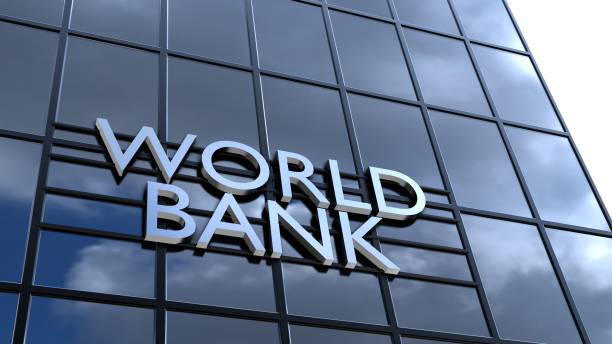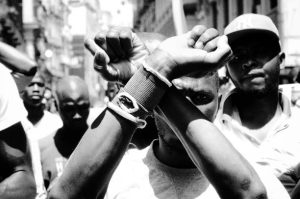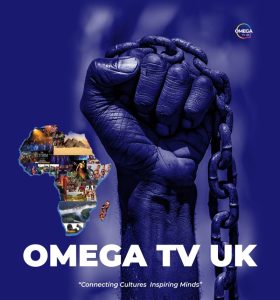World Bank U-turn ends loan ban to Uganda over gay rights
3 min read
Glass world bank building. Financial concept. Golden inscription bank. Banking. 3D render.
World Bank Resumes Lending to Uganda Despite Anti-LGBTQ Law
The World Bank reopens financial aid to Uganda, citing new protections amid criticism over human rights.
Loan Ban Lifted After Two-Year Freeze
The World Bank has reversed its decision to suspend loans to Uganda, nearly two years after halting funding due to the country’s enforcement of one of the harshest anti-LGBTQ laws in the world. This policy shift signals the global lender’s renewed engagement with Uganda, following what it calls “satisfactory mitigation measures” to protect vulnerable communities.
A Controversial Law Triggers Global Outcry
In 2023, Uganda passed the Anti-Homosexuality Act, which includes provisions for the death penalty for certain same-sex acts. The legislation immediately drew sharp criticism from the international community for its severity and perceived human rights violations.
Human Rights Violations on the Rise
Since the enactment of the law, Uganda has witnessed a surge in reported cases of violence, evictions, and arrests of LGBTQ individuals. Uganda’s Human Rights Awareness and Promotion Forum has documented numerous cases of abuse stemming from the law’s enforcement.
World Bank Justifies Re-engagement
Despite these challenges, the World Bank says it is reassured by Uganda’s adoption of new anti-discrimination safeguards. A spokesperson told AFP, “We cannot deliver on our mission to end poverty unless all people can participate in and benefit from our projects.” The bank added that it had worked with Uganda’s government and civil society to design inclusive mechanisms.
Focus Areas for Future Funding
According to a World Bank official speaking to Reuters, new financing will prioritize social protection, education, refugee support, and forced displacement. These sectors are seen as critical to minimizing harm and promoting equitable development in Uganda.
World Bank’s Role in Uganda’s Economy
The World Bank remains a vital source of external financing for Uganda, contributing significantly to infrastructure projects like road construction and electricity expansion. Its investments have long shaped the country’s economic landscape and development agenda.

Critics Challenge Lending Approach
However, the World Bank’s decision has not been free from criticism. Some economists argue that the bank’s and IMF’s loan structures promote economic dependence. They contend that tying funds to policy conditions hinders long-term growth and self-sufficiency in poorer nations.
Regional Trend of Anti-LGBTQ Legislation
Uganda is not alone in its legislative crackdown on LGBTQ rights. Other African nations, including Ghana and Kenya, have pursued similar anti-LGBTQ measures in recent years, sparking fears of a broader regression in human rights across the continent.
Global Backlash and Financial Losses
Uganda’s anti-gay legislation resulted in widespread international condemnation and significant financial consequences. The UK-based charity Open for Business estimated that the country lost between $470 million and $1.7 billion in aid and investment within a year of the law’s passage.
Government Defends the Law
Uganda’s government maintains that the law mirrors the conservative values held by the majority of its citizens. Officials claim that the legislation is about protecting cultural norms rather than targeting minorities. Still, many argue that the law serves political interests more than social ones.
Critics Call It a Political Distraction
Observers like Oryem Nyeko, a researcher at Human Rights Watch, argue the law is a strategic distraction. “It’s low-hanging fruit,” he told CBC. “It’s being framed as something foreign and threatening to people’s children,” pointing to the government’s use of fear to rally public support.
LGBTQ Community Faces Real Dangers
Ugandans perceived as LGBTQ have reported being assaulted, evicted, or worse, emboldened by the legal backing the law offers to prejudice. These stories continue to raise alarm about the law’s real-world effects and its potential to deepen social divisions.
Chilling Effect on Advocacy and Free Speech
The law also punishes “promotion” of homosexuality with up to 20 years in prison. This clause has effectively silenced many activists and organizations that defend LGBTQ rights. Despite government denials, rights groups say the provision is being used to suppress dissent and activism.






